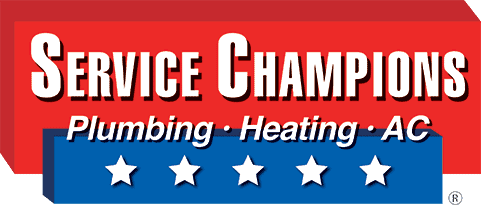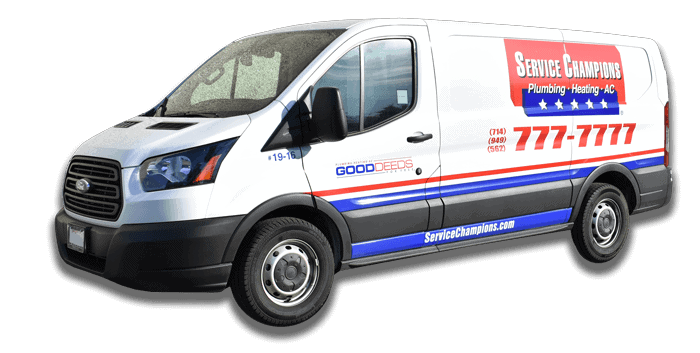Size Matters, Especially When It Comes to HVAC
One of the most common questions we receive from clients is, “what size HVAC do I need”? When it comes to choosing the right HVAC system for your home, it’s never a one size fits all type of solution. If a homeowner chooses an HVAC system that’s too big, they deal with wasted money and wasted energy. On the flipside, if they choose a system that’s too small, air won’t flow evenly throughout the home. Though it may not seem like it, there is an exact science to choosing the best sized HVAC unit for your home. Lucky for you, each and every one of our technicians are trained to know the exact scientific process of determining what HVAC unit is best for your home.
Bigger Isn’t Always Better
We all know the old saying, “bigger is better,” but in terms of HVAC, this is absolutely not true. Some companies may try to tell you this, but you could be facing a world of trouble if you install an HVAC unit that is too big for your home. One big issue with an AC that’s too large is that it’s constantly running on short cycles. Air conditioners are programmed to run until a home reaches the temperature set on the thermostat. Once the home reaches that temperature, the whole system turns off. While this may sound fine, in truth, when a system is too large it’s constantly turning on and off because it cools the home in a much shorter cycle. Over time this will cost a ton of money and leave significant wear and tear on your system.
Another issue with a too large air conditioner is high humidity and the possibility of mold. When the AC short cycles, like we mentioned above, it doesn’t have the chance to properly remove moisture from the air, leaving your home with high indoor humidity. This humidity can cause mold to grow on your ceilings or walls.
Such a Thing as Too Small
Having too small an AC unit can also cause problems. Think of the short cycles we talked about, but this time, they’re long cycles. Long cycles mean your AC unit is running, and running, and running, which is the opposite of efficient. The constant cycle will force your energy bills to skyrocket and put needless strain on the machine. If you keep an ear out and notice your AC is constantly running, it might be a sign your AC system is too small.
Another problem with a too small ac unit is that it will never fully cool your home. While your AC is constantly running to try and cool your home, it never actually achieves that goal. What you’re left with is a less cool house and an unnecessary feeling of discomfort. Along with this, you may notice temperature inconsistencies throughout the house. Rooms close to the AC unit may reach a comfortable, cool temperature, while rooms further away from the unit will be warmer.
How Does a Tech Figure Out What Size HVAC System I Need?
Believe it or not, there is an exact science to determining what size HVAC system your home needs. When a trained HVAC technician enters your home, they will first determine the square footage of your home. This is an essential part to determining the size of AC unit you need. Next, the technician will determine the base BTU. BTU stands for British Thermal Unit, and it’s how our techs measure the necessary energy used to treat the temperature in your home. It takes about 25 BTUs to cool one square foot, so multiply that by the home’s square footage, and you’re on the right track. Finally, the HVAC technician will take account of high ceilings and any other architecture that could make a difference. By adding all these factors together, they can determine the best size of HVAC unit for your home.
Want to Learn More? Call Service Champions!
If you’re concerned that your HVAC system is too large, or too small, for your home, give us a call! Our expertly trained technicians are here and ready to help. We are the only Diamond Certified HVAC provider in Southern California and we proudly serve parts of Los Angeles, Orange, and Riverside counties. We also take care of your plumbing! To schedule an appointment, click here to book online, or reach out to our friendly call center representatives.

